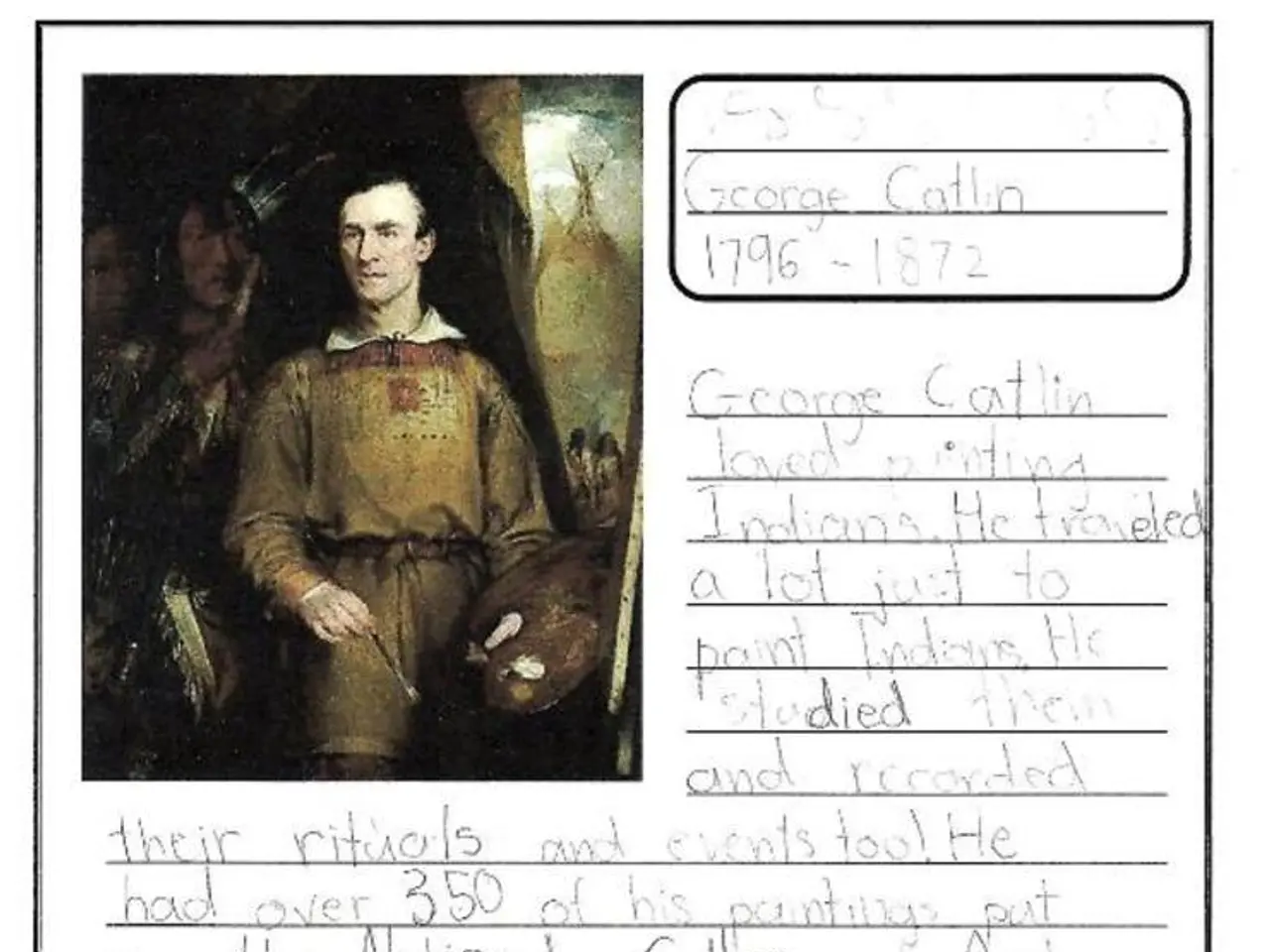Early Hominins Paid High Health Cost for Winter Survival
Fossils from the Sima de los Huesos site in Atapuerca, Spain, dating back around 500,000 years, reveal intriguing insights into how early hominins coped with harsh winters. These hominins, identified as Homo heidelbergensis, may have resorted to a form of hibernation or seasonal inactivity to endure cold months, but this strategy came with significant health costs.
Researchers discovered recurring skeletal pathologies in these fossils, indicating chronic health conditions that appeared cyclically. These conditions, including trabecular tunneling, osteitis fibrosa, and rachitic osteoplaques, were likely caused by prolonged periods of malnutrition and lack of sunlight, leading to vitamin D deficiency and calcium imbalance.
The damage wasn't constant but followed annual cycles, suggesting a poorly adapted attempt at hibernation. This adaptation had a high physiological cost, with numerous signs of bone degradation, especially in developing adolescents. These findings suggest that the strategy was far from optimal, leading to repeated periods of growth interruption due to metabolic stress.
Caves provided a dark, insulated environment that allowed hominins to reduce energy expenditure and avoid external threats. However, this survival mechanism also made them vulnerable to chronic diseases and developmental problems.
The fossils from the Sima de los Huesos site offer a unique glimpse into how early hominins survived harsh winters. While they may have intentionally reduced activity to conserve energy, this strategy resulted in recurring health issues. This trade-off highlights the complex challenges faced by our early ancestors in their quest for survival.
Read also:
- Overweight women undergoing IVF have a 47% higher chance of conceiving naturally post-weight loss
- Bonsai Trees from Evergreen Species: Exploring Growth Characteristics & Distinct Qualities
- What temperatures may make walking your canine companion uncomfortable?
- Title: Information About Beovu: Potency, Form, Usage, and Additional Details





